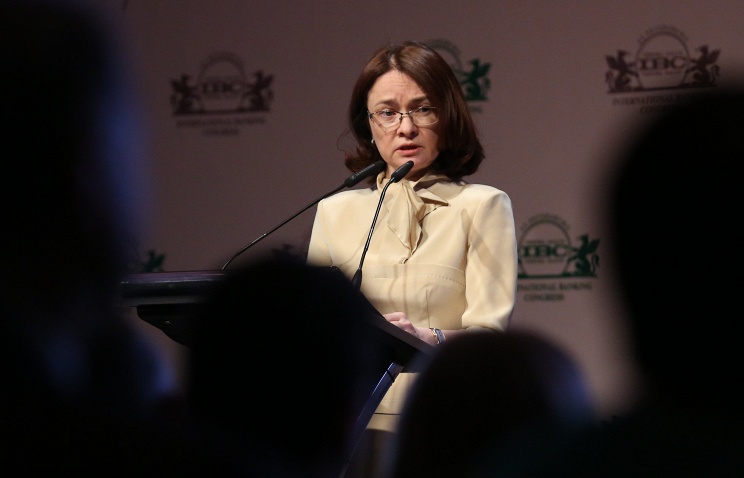
The growth of loan operations is ongoing despite the fact that the quality of banks’ loan portfolio has deteriorated, the head of Russia’s Central Bank Elvira Nabiullina said on Friday.
“There is a growth of loan operations despite the fact that the quality of the bank’s loan portfolio has deteriorated. However, we can see some positive developments in this area: arrears are still growing, but this trend is dying out. In October, the share of overdue loans of non-financial corporations increased by 0.1 percentage points to 5.9%, the share of overdue retail loans grew from 8 to 8.1%,”she said.
Lending in the economy has also resumed, in January-October it amounted to 7.1%.
“Lending slowed down, and in some sectors, such as small businesses, will continue to decline. However, in recent months lending growth has resumed. In 10 months the banks increased lending to companies by 7.1%, excluding foreign exchange revaluation – 2.2%,” she said.
Nabiullina has urged the financial policy which would lead to lower rates on all loans.
“It is important for us to conduct such a policy that would finally lead to reduction of interest rates on all loans. We should not only expand financing with regard to reduced rates set for certain borrowers which only slows down and narrows opportunities for reduction of rates on all credits,” she said.
The Central Bank chief also pointed out that restricting access to foreign borrowing market for Russian banks leads to reduction of currency funds by $200 bln annually.
“The decline of oil prices together with restriction of the access of Russian banks to foreign borrowings leads to reduction of currency funds. According to our estimate, the flow of funds decreases by about $200 bln in annual terms,” she said.
According to the official, Russia’s Central Bank sees signs of changing structure of the economy, the situation in export-oriented and import substitution-oriented industries looks more stable.
“Along with the adaptation of the balance of payments we also see signals of changing structure of the economy. There are first signs that the situation in export sectors and sectors of import substitution is becoming to look a little bit more stable.”
She also said that reaching target inflation will not interfere with the economic growth.
“In making decisions on monetary policy, we always keep in mind the balance of risks for inflation and the economy. Reaching target inflation will not hinder economic growth,” she said.